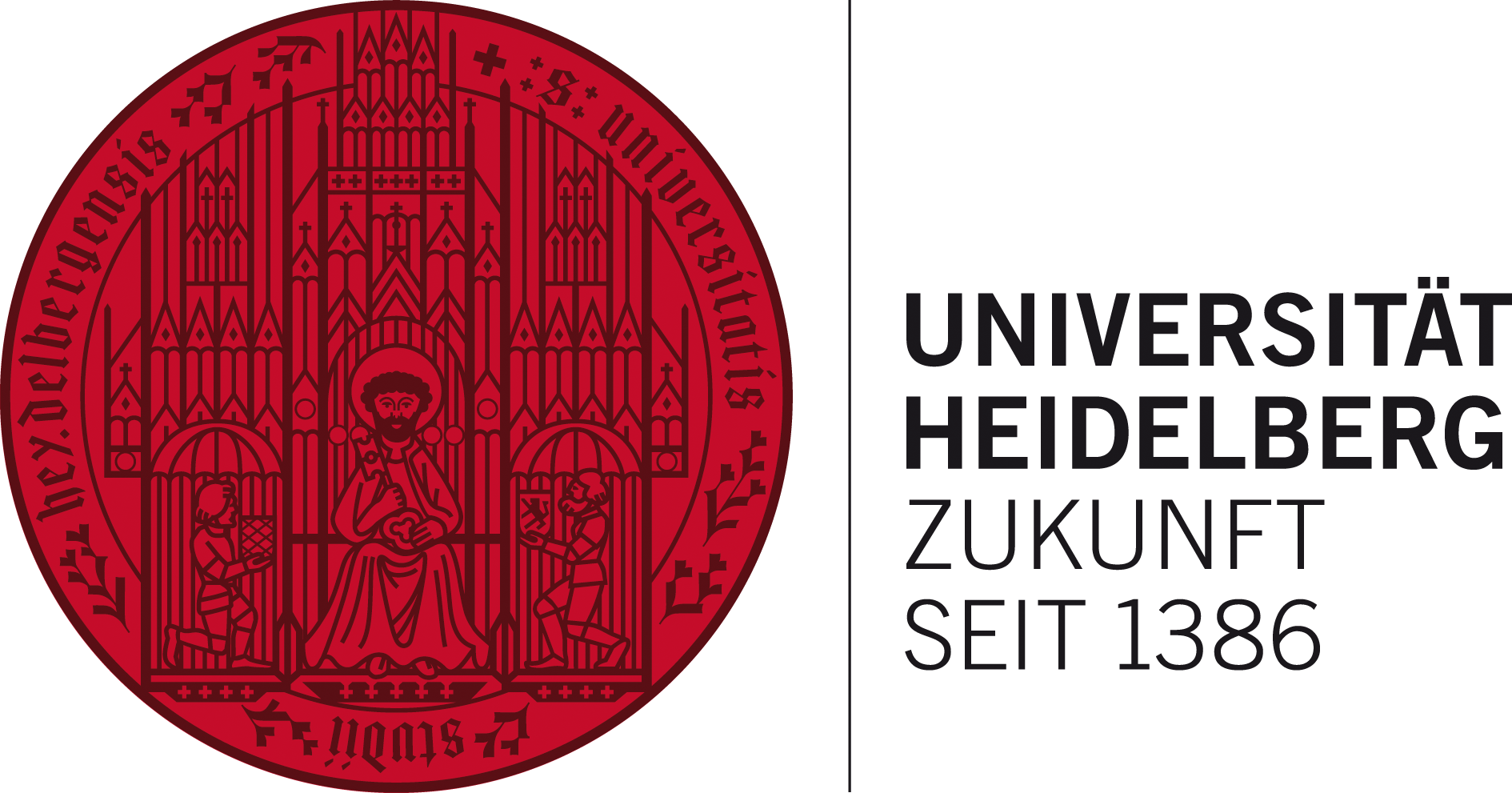The Institute
The Institute for Computer Engineering (ZITI) dedicates its research and teaching activities to the understanding and implementation of complex systems in information technology. In particular, the focus is on the following research fields.
Computer Engineering
Computer Engineering deals with the operation principles, development and utilization of hardware for acquiring and processing data. Through a thorough understanding of the elementary components, functional units, chips, computer architectures and of large, heterogeneous computing systems it is possible – through ‘hardware aware programming’ – to adapt algorithms to the strengths and weaknesses of the available hardware and to significantly increase compute performance and power efficiency. Specific computing tasks are addressed by application specific hardware/software combinations and by optimized system configurations.
Computer Engineering in Heidelberg has links to many research fields in the university where large amounts of data must be acquired or processed quickly. ZITI has the competences to develop electronics microchips for specific applications in sensing or data transport from scratch. Data communication being one of the largest sources of power consumption, is addressed on the hardware level, by hardware aware programming and adapted system design. Apart from efficient programming of modern processors, ZITI operates a variety of coprocessors (FPGA, GPU, ML-coprocessors) in order to exploit their specific strengths and research methods and workflows for most efficient data processing.
